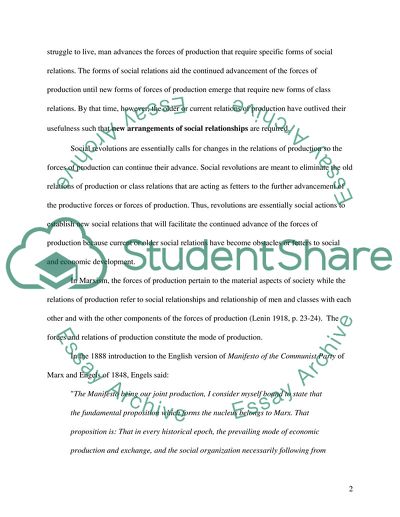Cite this document
(In What Sense is The Communist Manifesto Pro-capitalist Term Paper, n.d.)
In What Sense is The Communist Manifesto Pro-capitalist Term Paper. Retrieved from https://studentshare.org/politics/1732537-politics-in-what-sense-could-the-communist-manifesto-be-said-to-be-pro-capitalist
In What Sense is The Communist Manifesto Pro-capitalist Term Paper. Retrieved from https://studentshare.org/politics/1732537-politics-in-what-sense-could-the-communist-manifesto-be-said-to-be-pro-capitalist
(In What Sense Is The Communist Manifesto Pro-Capitalist Term Paper)
In What Sense Is The Communist Manifesto Pro-Capitalist Term Paper. https://studentshare.org/politics/1732537-politics-in-what-sense-could-the-communist-manifesto-be-said-to-be-pro-capitalist.
In What Sense Is The Communist Manifesto Pro-Capitalist Term Paper. https://studentshare.org/politics/1732537-politics-in-what-sense-could-the-communist-manifesto-be-said-to-be-pro-capitalist.
“In What Sense Is The Communist Manifesto Pro-Capitalist Term Paper”, n.d. https://studentshare.org/politics/1732537-politics-in-what-sense-could-the-communist-manifesto-be-said-to-be-pro-capitalist.


